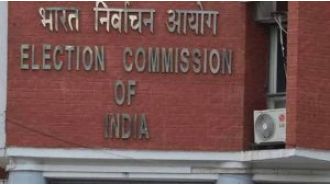The House approved a ban on TikTok, but the app is not finished yet.
The US is urging the sale of TikTok by Chinese company ByteDance, leading to the ban.

On April 20, during a session, the House voted on the next step towards banning the popular app TikTok. However, this does not mean an immediate removal of the app. This decision comes as part of the ongoing efforts by the United States to push for the sale of TikTok by its Chinese parent company, ByteDance Ltd. Initially, the ban had faced difficulties in the Senate, but concerns over potential national security risks associated with the app have kept it a top priority for lawmakers.
According to the Associated Press, an updated version of the ban was passed in the House with an overwhelming majority of 360-58 votes on Saturday, taking it one step closer to becoming a formal ban. Some changes have been made to the original version, including an extended timeline of nine months to sell, with an option to add three more months if a sale is in progress.
While both Democrat and Republican lawmakers seem to be in agreement about the ban, some small business owners in the Black community fear that it could have a negative impact on their livelihoods. A report by Oxford Economics revealed that 60% of Black small and mid-sized business owners believe that the ban would be harmful to their businesses. Many of these owners rely on TikTok as a crucial platform for promoting their products and services, with 83% reporting an increase in profits after using the app.
Fortunately, there is still hope for these business owners as legal challenges are expected to be made against the ban before it can be officially implemented. TikTok has made it clear that they will continue to fight for the rights of their American users, even if it means going to court and arguing that the ban violates their First Amendment rights. In fact, the CEO of TikTok, Shou Zi Chew, directly addressed the potential ban in a video last month, reassuring users that the company will do everything in its power to protect the platform.
Despite this, there are still some elected officials who are against the ban and believe that it shows a disconnect between leaders and the people they represent. Representative Ro Khanna from California stated that he believes the ban will not be well received as it reflects a lack of understanding from those in power about the importance of TikTok to its users.
In the midst of all this, TikTok has launched a campaign urging American users to contact Congress and voice their opposition to the ban. This comes in light of a study by Oxford Economics that highlights the benefits of TikTok to minority businesses, further emphasizing the negative impact that a ban could have on these communities. As the fate of TikTok in the United States continues to be uncertain, one thing is for sure – the fight for its survival is far from over.
61 Views










